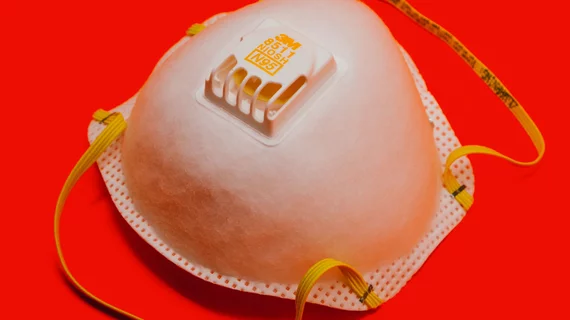Upwards of 10 million fake 3M masks have already been seized by law enforcement around the country. Now come reports of a “massive counterfeit N95 mask operation” involving knockoffs of just that one manufacturer’s products in at least five states.
Other PPE suppliers have been hit too, although 3M seems to be a favorite mark for mask swindlers.
Meanwhile the duped purchasers include government agencies as well as hospitals and other medical facilities.
The Associated Press covers the development in a news item posted Feb. 10.
“Nearly a year into the pandemic, fraud remains a major problem as scammers seek to exploit hospitals and desperate and weary Americans,” AP reports. “Federal investigators say they have seen an increase in phony websites purporting to sell vaccines as well as fake medicine produced overseas and scams involving personal protective equipment. The schemes deliver phony products, unlike fraud earlier in the pandemic that focused more on fleecing customers.”
The article cites a case in which Washington state’s mask supply was found to contain 300,000 counterfeit masks that cost the state close to $1.4 million.

